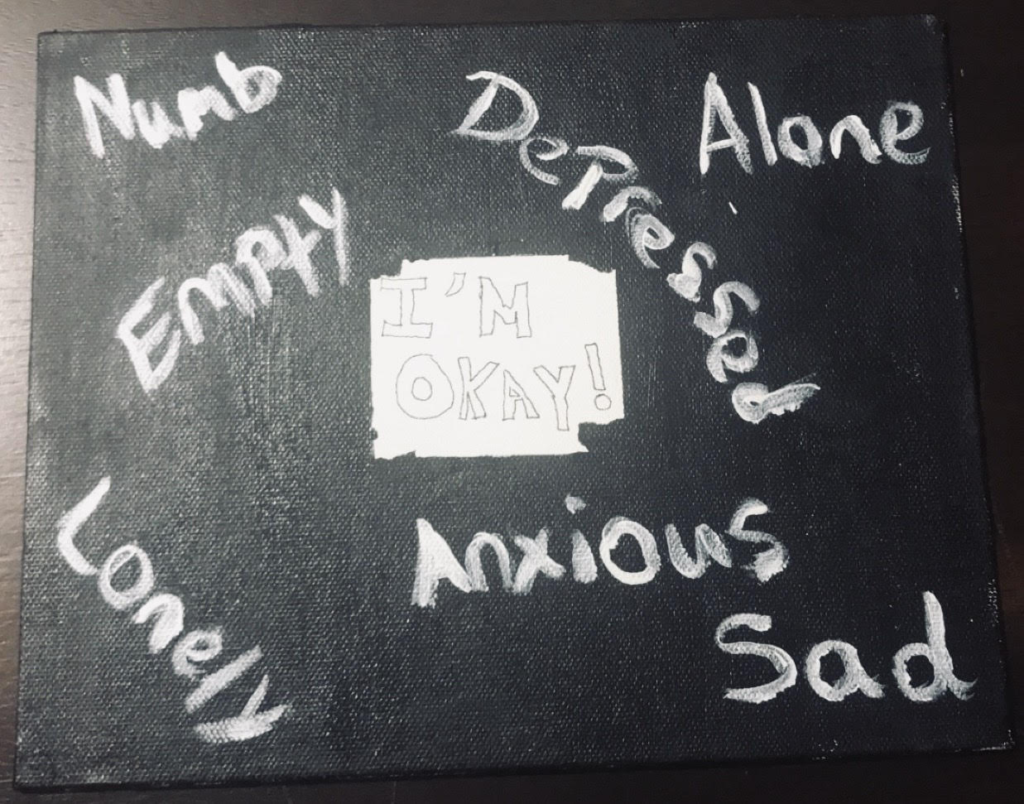
While mental health has been a problem for millions of people around the world, it is typically seen as a personal problem, rather than a societal problem. Since the beginning of quarantine, life in America has drastically changed. Schools have moved online. A lot of stores only allow a few people in at a time and everyone must wear a face mask. People have been laid off from their jobs. A lot of students don’t even know if they’ll be able to be in a classroom again next school year. Essential workers risk their health every day to get others the help they need.
Why Does Mental Health Matter?
1 in 5 people in America experience a mental illness. Nearly 1 in 25 adults in America live with a serious mental illness. 1/2 of all chronic mental illness begins by the age of 14 while three-quarters begin by the age of 24. Lack of social interaction can have negative effects on one’s physical and mental health. Studies have shown that individuals with very low involvement in social relationships are more likely to die earlier than those with greater involvement. The emotional support provided by social ties enhances psychological well-being, which as a result, lowers the risk of unhealthy behaviors and poor physical health.
“People who feel more connected to others have lower levels of anxiety and depression. Moreover, studies show they also have higher self-esteem, greater empathy for others, are more trusting and cooperative and, as a consequence, others are more open to trusting and cooperating with them. In other words, social connectedness generates a positive feedback loop of social, emotional, and physical well-being.”
-Emma Seppala of the Stanford Center for Compassion and Altruism Research and Education
Mental Health In Quarantine
According to a recent Kaiser Family Foundation survey, 19 percent of respondents said the current pandemic has had a “major impact” on their mental health. The coronavirus has created fears of illness, death, job loss, bankruptcy. For example, people diagnosed with depression have symptoms that include exhaustion, trouble sleeping, a loss of appetite and/or overeating, and for some suicidal thoughts. Fear and isolation can be very dangerous for those with depression. Without outside influences, like friends and family, there to support them, people with depression tend to focus on the bad so much that it dominates all the good in their life.
How to Cope While in Quarantine
Take a break from watching the news. News about the coronavirus is on every news station and constantly hearing about the pandemic can be really upsetting. Take care of your body if you can. Practice meditation, get a full eight hours of sleep, drink lots of water, and start eating healthier. Little things like this are bound to improve your mood even if it’s just a little. If things get too overwhelming don’t be afraid to reach out to a friend or to call your local healthcare provider.
Sources
Social Relationships and Health
Social Interaction is Critical for Mental and Physical Health